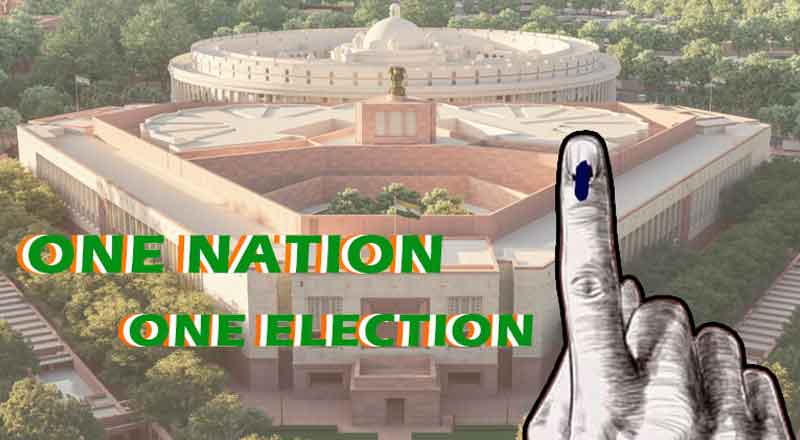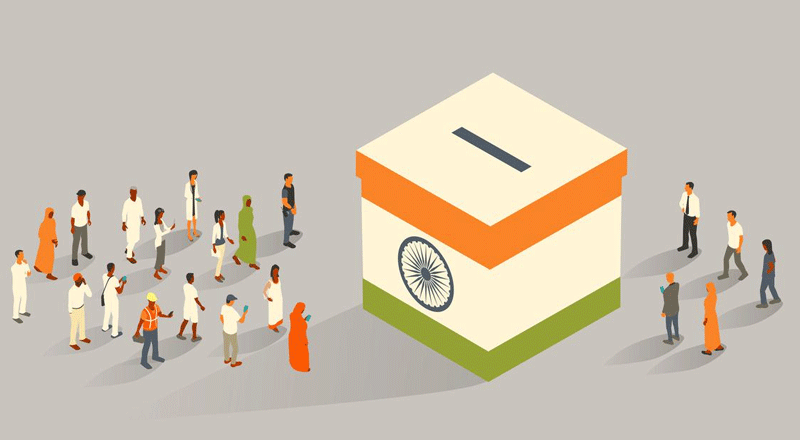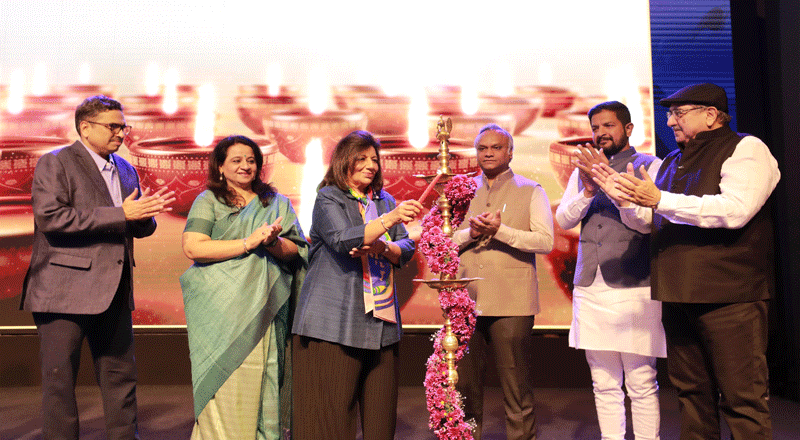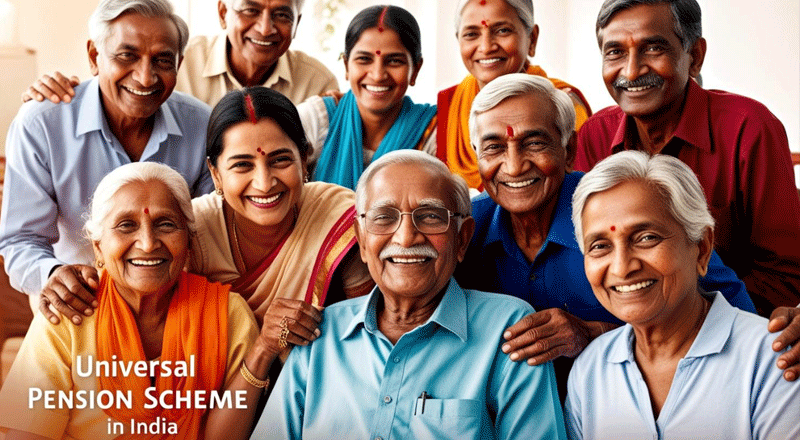The Joint Parliamentary Committee (JPC), chaired by BJP MP PP Chaudhary, convened its first meeting on Wednesday to examine two bills proposing simultaneous elections to the Lok Sabha and state assemblies across India. Officials from the Ministry of Law and Justice provided a comprehensive briefing on the provisions of the proposed legislation.
This significant step follows the introduction of the Constitution (129th Amendment) Bill and the Union Territories Laws (Amendment) Bill during the recent Winter Session of Parliament. These bills aim to streamline governance and reduce electoral expenses by aligning elections for the Centre, states, and other legislative bodies.
Key Members of the JPC
The 39-member JPC includes representatives from major political parties, reflecting the cross-party interest in the proposal.
Prominent members include:
- Priyanka Gandhi Vadra (Congress)
- Sanjay Jha (JD(U))
- Shrikant Shinde (Shiv Sena)
- Sanjay Singh (AAP)
- Kalyan Banerjee (TMC)
- Anurag Thakur, Parshottam Rupala, and Manish Tewari (Former Union Ministers)
- Anil Baluni, Bansuri Swaraj, and Sambit Patra
The panel’s discussions are anticipated to shape the discourse on this landmark proposal, which could transform India’s electoral process.
Background on ‘One Nation, One Election’
The concept of simultaneous elections is not new to India. Between 1952 and 1967, elections to the Lok Sabha and state assemblies were held concurrently every five years. However, the practice was disrupted in the late 1960s due to:
- The formation and reorganization of new states.
- The premature dissolution of legislative assemblies in 1968–1969.
Since then, staggered elections have become the norm, leading to recurring electoral expenses and administrative challenges.
Implications of Simultaneous Elections
Advantages
- Streamlined Governance: Reduces the frequency of elections, allowing governments to focus on governance over campaign cycles.
- Cost Efficiency: Significant reduction in election-related expenditures.
- Administrative Simplification: Consolidated election management reduces logistical complexities.
Challenges
- Constitutional Amendments: Requires amendments to synchronize the terms of the Lok Sabha and state assemblies.
- Federal Concerns: States may perceive this as a dilution of federal principles.
- Operational Feasibility: Ensuring readiness for simultaneous polls across diverse regions.
The JPC will deliberate on the technical, operational, and constitutional aspects of the bills. Their recommendations will play a pivotal role in determining the feasibility and implementation strategy for One Nation, One Election, a reform that could reshape India’s electoral landscape.
The committee’s discussions are being closely watched as they address potential concerns and chart a path forward for this ambitious proposal.





